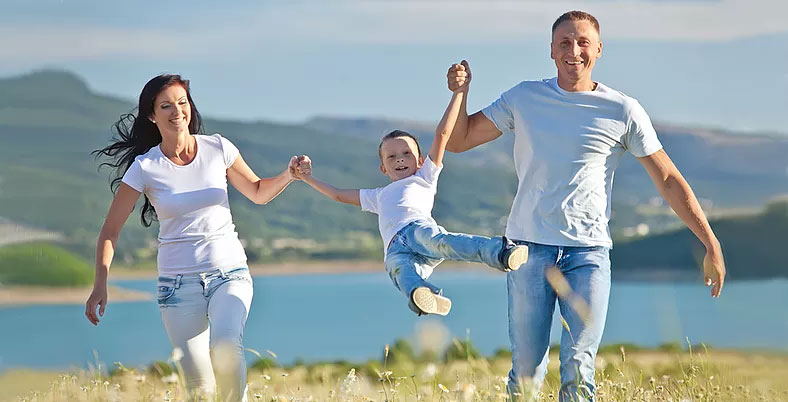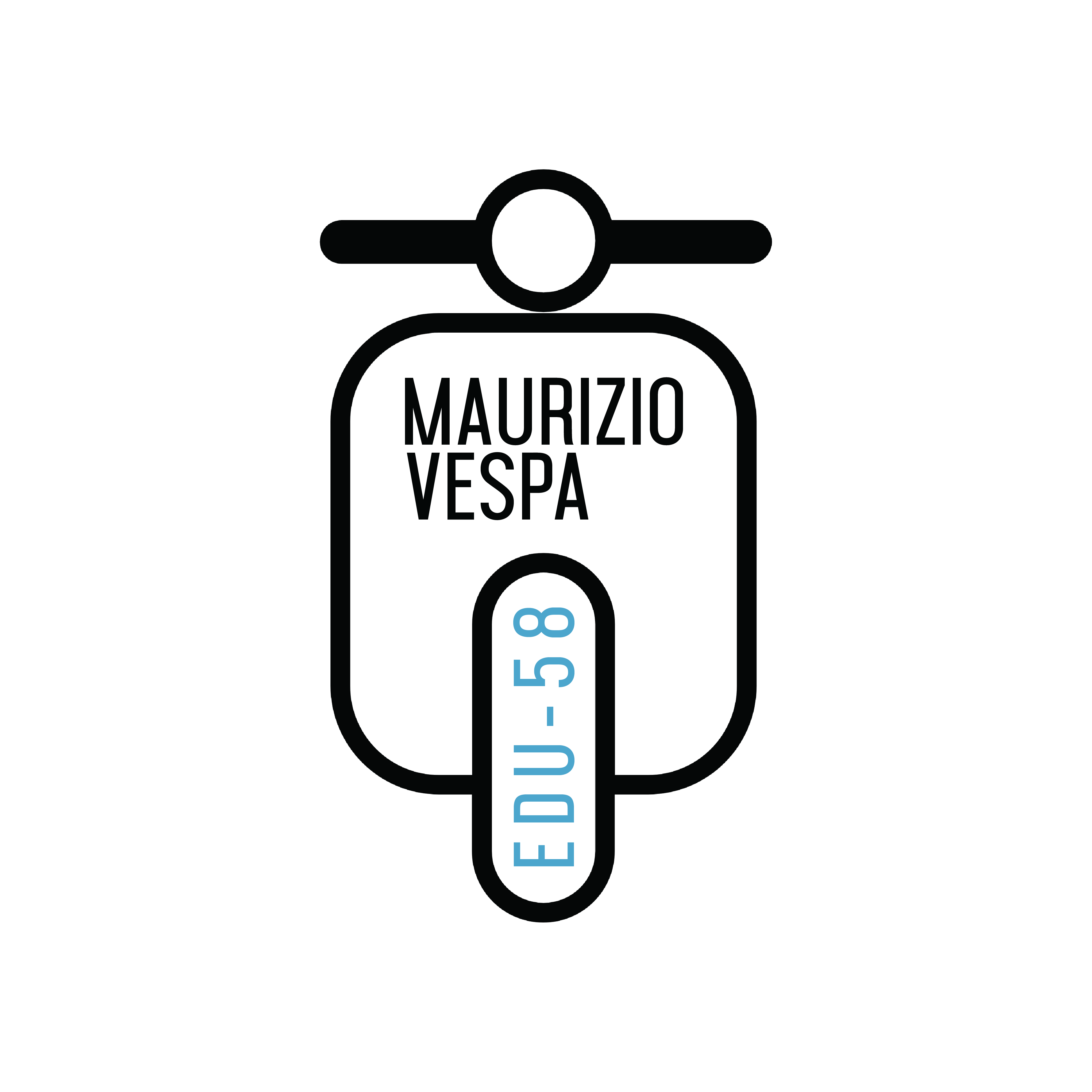
PARENTS: THE PRIMARY EDUCATORS OF THEIR CHILDREN
If we were to reflect on our parenting behaviour when our children were babies and totally dependent on us, we may notice that an enormous amount of time is devoted to comforting, nurturing, feeding and talking to them. While our children are dependent on us, they get a great deal of attention, stimulation and nurturing.
Studies in human brain development show, that a baby’s brain, develops in tandem with adults. Our emotional connectedness with our children actually assists their brain development. However, as our children get older and become more independent for some of their basic needs, the intensity of the one on one time to teach children can drop off.
It is possible for parents to become complacent and heavily dependent on other social groups and networks to impart important skills and knowledge. Place greater responsibilities on school communities for example to take up the role of responsible adult role modelling and social learning.
In reality, as our children get older, approach and experience adolescence they need more quality time, wisdom and the explicit sharing of a parents knowledge of their child’s strengths and qualities.
The time of growing up for our children should be a time of ongoing educational relationship between the child and parent. As a parent, it is my role to seek special moments when we can sit and talk about important issues impacting on the life of my child. Together we can talk about how these issues could be managed and solved. Whilst, in conversation with my child, we talk about the choices we can make and which would be most appropriate for the situation. These conversations help us to teach and guide our children about how to make choices and to choose what is right. It is a wonderful way of building self-esteem and resiliency and it helps to build a trusting an honest parent and child relationship.


Recent Comments